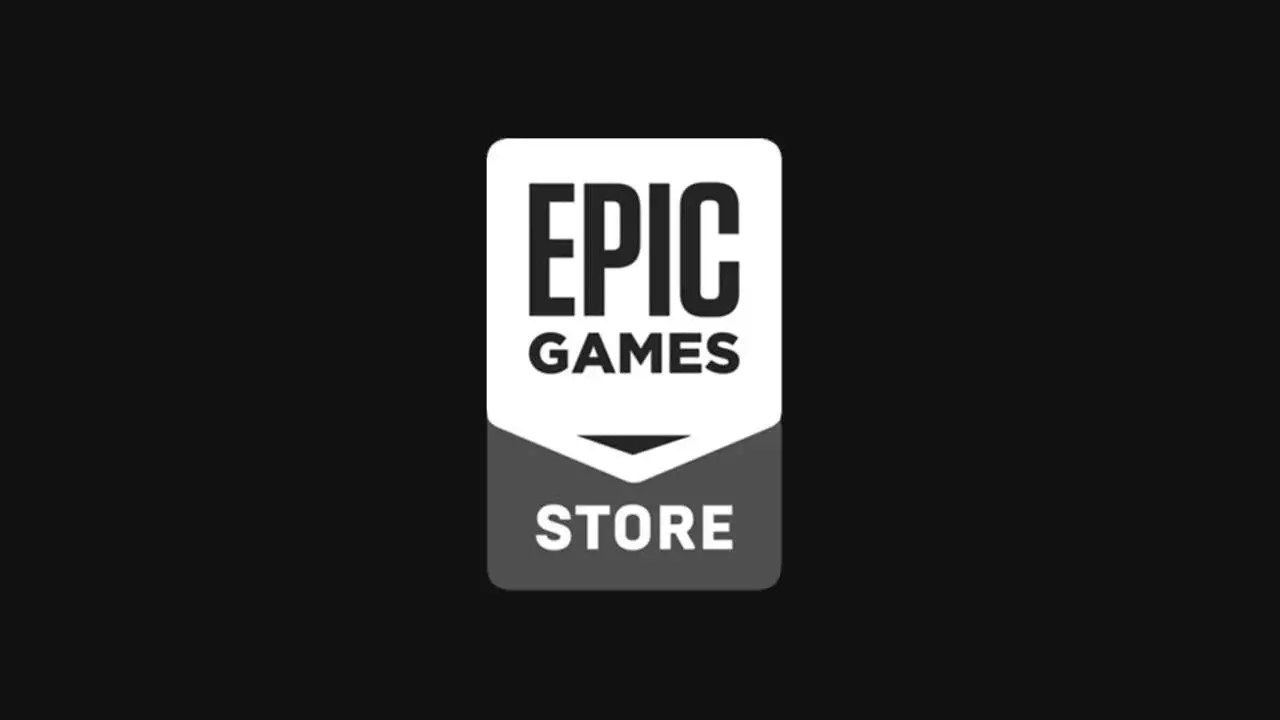In recent years, the mobile gaming industry has exploded, with millions of users engaging daily. However, this surge has not come without its share of issues. The European Consumer Organization (BEUC) has raised significant concerns, launching a consumer complaint against major players in the gaming world, including Epic Games, Electronic Arts, and Microsoft, among others. At the heart of their complaint lies the allegation that these companies employ deceptive marketing strategies that lead players, particularly children, into spending significant amounts on in-app purchases.
The BEUC’s report is a comprehensive 36-page document outlining various ways in which these companies allegedly exploit consumers. A prominent focus of their grievance is the use of loot boxes—a system that awards players randomized virtual items in exchange for real money. This mechanism has come under fire due to its similarity to gambling, raising ethical questions about the psychological impact it may have on younger audiences. BEUC highlights that these video game entities utilize “harmful commercial practices,” which include misleading designs and aggressive marketing tactics aimed at enticing young, impressionable consumers into making unnecessary financial expenditures.
The Industry’s Response: Defense Against Accusations
In response to the BEUC’s allegations, the industry body Video Games Europe, representing various video game companies, vehemently defended their practices. They assert that many mobile games provide options for players to enjoy gaming experiences without incurring financial costs. While the coalition acknowledges the existence of in-game currencies, they argue that these systems are transparent and commonly understood within the gaming community. Thus, they maintain that players engage willingly and knowingly when making in-game purchases, thus dismissing the BEUC’s claims as overly critical and unfounded.
This clash between consumer rights advocates and the gaming industry has raised crucial questions about the need for regulatory frameworks in digital marketplaces. BEUC’s Director General Agustin Reyna emphasizes the necessity for regulators to intervene, stressing that virtual environments should align with ethical practices prevalent in the real world. The crux of their argument is that while gaming is a form of entertainment, it shouldn’t come at the cost of exploiting vulnerable groups, especially children, who may not fully understand the financial implications of in-game purchases.
Future Implications: Navigating the Complexities of Digital Consumption
As this dispute unfolds, the implications for both consumers and the gaming industry could be profound. On one hand, increased scrutiny might lead to stricter regulations safeguarding consumers, particularly minors, from predatory practices. On the other, it raises concerns about stifling innovation and creativity within the gaming sector, which thrives on dynamic and diverse revenue models. Ultimately, the ongoing dialogue surrounding consumer rights in mobile gaming highlights the pressing need for clear guidelines to navigate the complexities of digital consumption in an ever-evolving marketplace. As the world continues to embrace digital entertainment, the balance between profit and responsibility will be paramount in shaping the future of gaming.


Leave a Reply